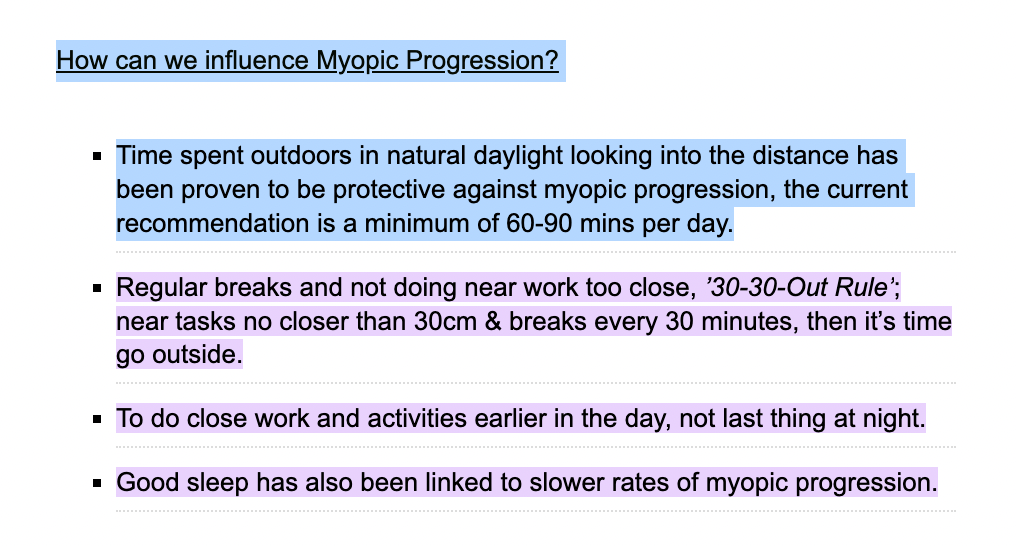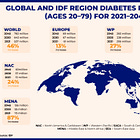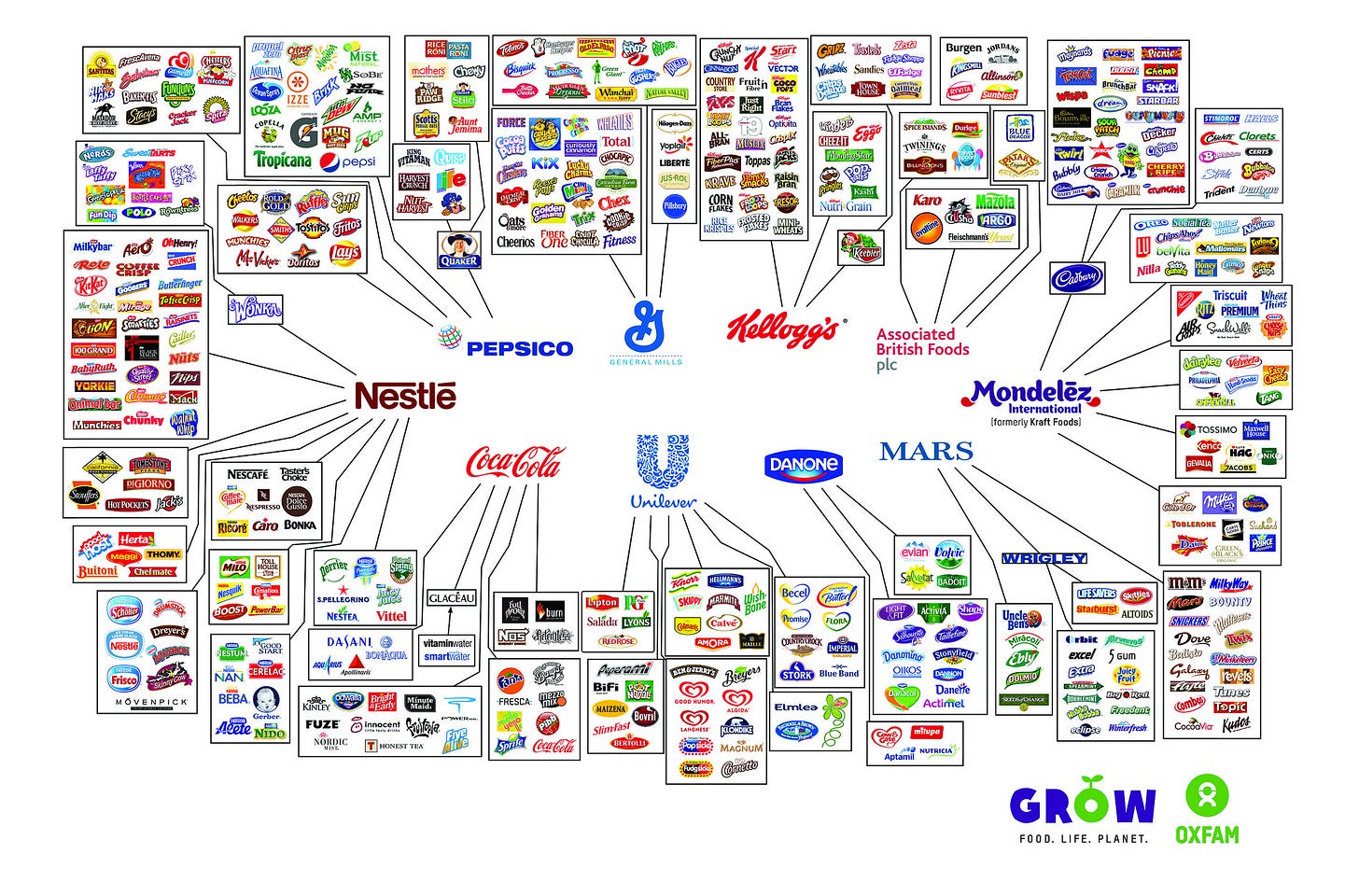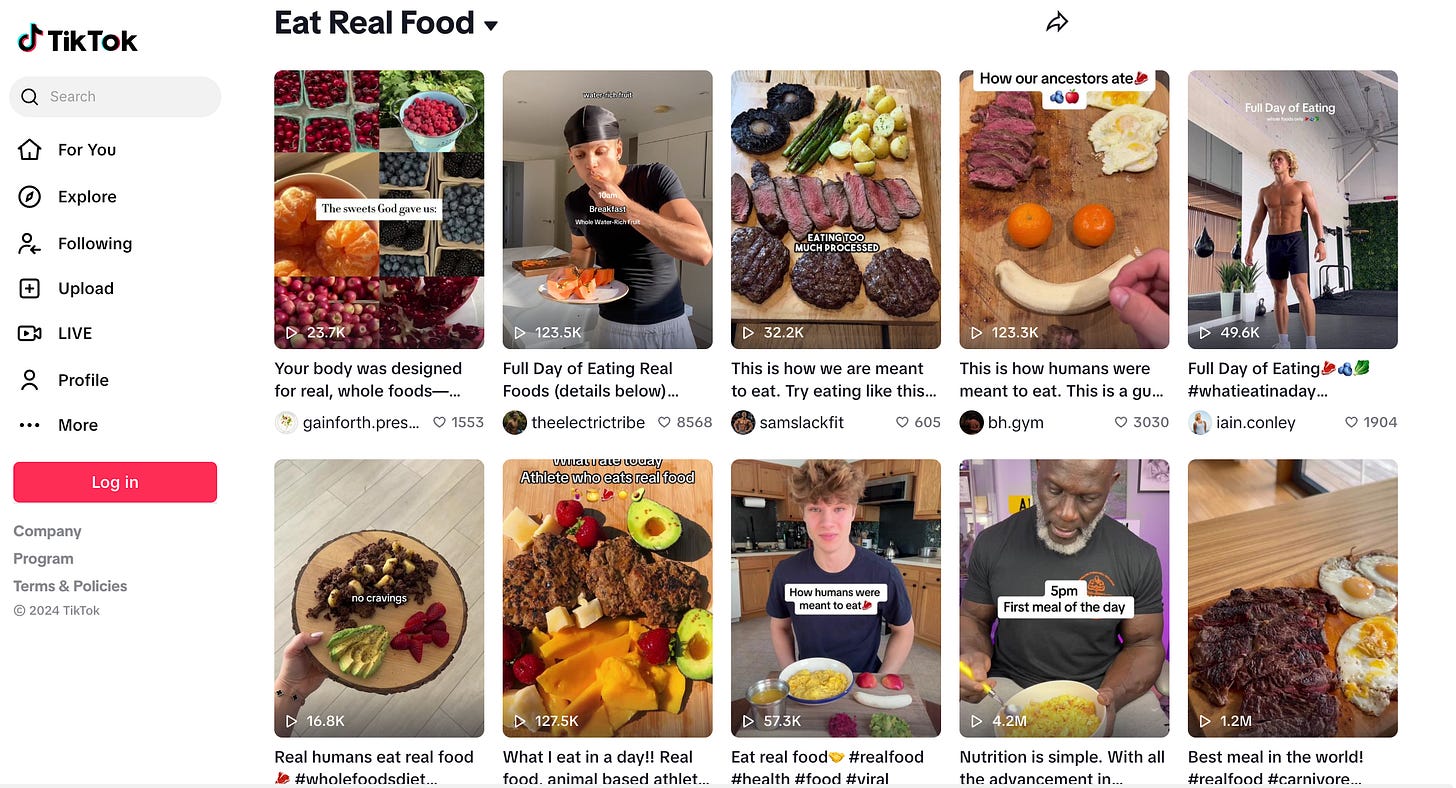Good morning all. Today’s newsletter will be quick and dirty (didn’t spell check). I’m currently co-writing a paper on universal digital access to be presented at a symposium at Cambridge University so I don’t have much time for editing. I am simultaneously also recovering from a whirlwind wedding weekend in Madrid, from which I am plausibly still hungover. Plausibly.
Today:
Why do I want to waste money on these vitamin patches?
Read a doctor’s take on longevity influencers (hint: they’re sick of them).
The one organ that is the strongest predictor of longevity. (Below paywall)
2.480 people review AI-death-predictor app. (Below paywall)
NEWS
David Beckham launched longevity supplements. I think it’s a shame he launched a ‘daily’ supplement alongside a ‘healthy ageing’ one. I believe he could have combined both in a ‘Age it like Beckham’ one and tripled the price. Now people will have choice paralysis.
By 2050, apparently half the world will be near-sighted. The New Scientist article doesn’t actually give any answers, so I did some quick research for you. Top tips from opticians:
Vitamin patches are selling but reportedly don’t work. I assume this is not a huge surprise to anyone, but I do think it’s signalling a trend in consumers being curious about patches over pills, injectables and even inhalables. I see the allure, I really do. Not only is the product interaction a lot more fun and less invasive, the topical nature of patches also perfectly plays into the zeitgeist’s need to wear wellbeing efforts as an outward trophy badge. Imagine walking around with a longevity patch, a hydration patch, or a muscle recovery patch – what would each of those patches signal about your personality, your status, your health?
Running causes short-term knee pain but long-term knee gain. Great motivation for me as I was starting to wonder whether my painful knees meant I’m not made for running. Since the UK’s waiting list for new knees is 3 years, we better take care of them.
Some crypto bros eat $6.2M bananas, other crypto bros donate $200M to brain and longevity research. Choose your heroes wisely.
Doctors are getting sick and tired of pseudo-health influencers and lifestyles. And longevity specialists are getting sick and tired of longevity biohackers.
Health tracking ring Oura and glucose monitor Dexcom join forces in $75M investment. The goal is to allow Oura users to track their glucose levels. Did I call it or did I not call it? ( 🔮 See the article linked below.) Glucose monitoring is the new step counting. Not only is the number of people who need it steadily increasing, it’s also another status symbol of more discretionary health tracking only affordable to the ultra-well. I would be so curious to see the stats of glucose monitor customers with diabetes vs without. Smart move on both companies’ parts – they are each tapping into a customer base with similar goals but different strategies.
Google is now apparently for old people. It’s me, I’m old. I guess search is moving to social media platforms like TikTok, while chatGPT is answering a lot of questions in a more efficient way. I wonder what this means for reader discernment and critical thinking…
Trump’s election has fuelled the biggest longevity nutrition debate yet. Anyone who keeps tabs on a few food and health focused publications can sense the growing divide amongst the nutrition community. The gap between ‘progressive’ and ‘conservative’ foodies has widened with acceleration since Trump was elected. There are those pushing to replace meat with beans, ban sodium and swap butter for seed oils. Then there are those slamming the brakes on woke food culture and advocating for fatty marbled meat, a return of beef tallow at McDonalds, raw milk and a lot more (real) salt in our diets.
Progressive foodies dream of a world in which we can survive without draining the planet’s resources, conservative foodies dream of a world in which we regain function as an ecosystem. Regardless of which one you agree with, we can all say it’s time for much stricter and consequential regulation of the food industry. Across the US, UK and Europe, Big Food has historically been able to get away with way too much health-washing.
WHOOP wearable adds psychedelics logging. The caption reads: Our legal team told us that we have to say this… “We do not recommend the recreational use of these drugs, and we cannot tell you about potential health outcomes”. Controversial or not, this move reflects perfect customer understanding.
The Washington Post has published one of the most interesting articles on ageing and longevity I’ve read in a really long time. It sits behind a paywall, of course, but here are the best takeaways:









